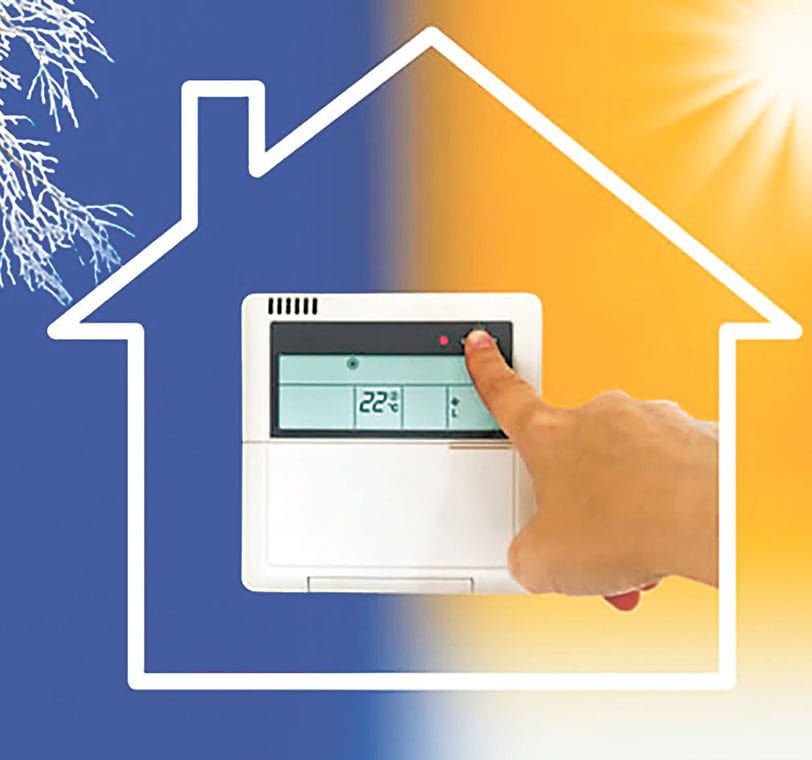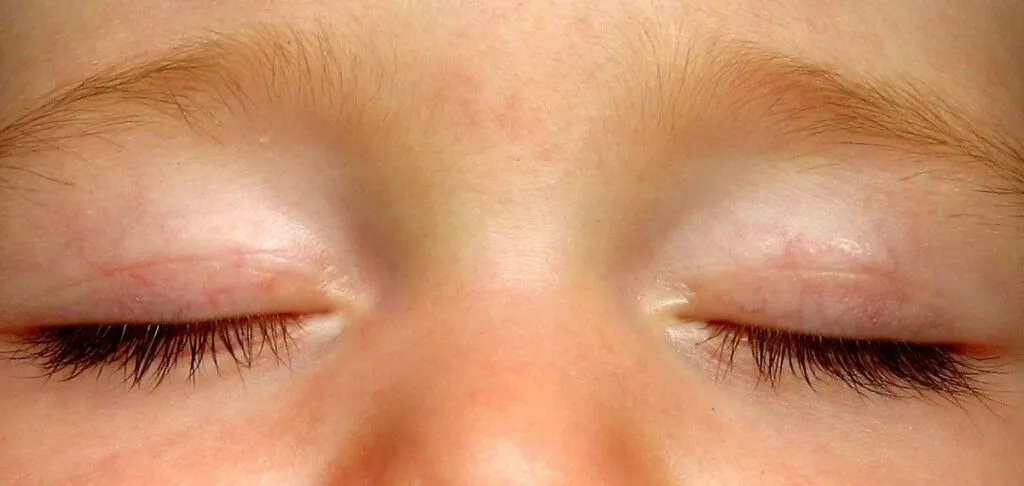
Freezing is bad for your breathing
A WHO working group set out to determine whether people living in excessively cold rooms have additional health risks. Several of their systematic reviews have answered this question in the affirmative.
First of all, temperatures below +18 °C affect the respiratory system. Cold air causes inflammation of the respiratory tract, increasing the risk of respiratory diseases such as asthma attacks, bronchitis or exacerbation of chronic obstructive pulmonary disease (COPD). A cross-sectional study in adults with COPD showed improvement in those patients living in homes with temperatures of +21 °C or higher. And modeling based on results from a randomized trial involving children with bronchial asthma found that each additional degree between +9 °C and +21 °C significantly increases lung function.
Cold also causes blood vessels to constrict, which can lead to hypertensive crisis and its complications, including coronary heart disease and stroke. For example, a cohort study in the UK found that a 1 °C increase in room temperature reduced blood pressure by 0.5 mmHg.
The couple breaks not the bones, but the heart
The link between high ambient temperatures and increased mortality is well known. In Scandinavian countries, for example, people die more at +19 °C, in Bangkok at +30 °C, in northern continental cities at +23.3 °C, and in Mediterranean countries at +29.4 °C. It can be assumed that similar patterns apply to indoor temperatures, but in countries where air conditioning is widespread, there is no relationship between indoor and outdoor temperatures.
It is especially important to maintain optimal indoor temperatures where the most vulnerable are located: the elderly, infants, the sick and the disabled.
WHO experts managed to collect a number of papers showing the harm of high temperatures. For example, in an experiment conducted among 113 elderly people in the Netherlands, it was found that a 1 °C increase in temperature in the temperature range from +21-29 °C increases the risk of sleep disturbance by 24%. A cohort study in Slovenia reported a worsening of cardiovascular symptoms in people living in homes with high heat loads. Data from India demonstrated a significant association between air temperature and diastolic blood pressure levels in humans. Finally, a cross-sectional study of 1136 women in Ghana showed an association between increased adverse pregnancy outcomes and increasing temperature.
Although all these studies were too small to draw global conclusions, WHO experts recommend keeping indoor temperatures no higher than +24 °C through insulation, window shades, green spaces, ventilation and air conditioning.



